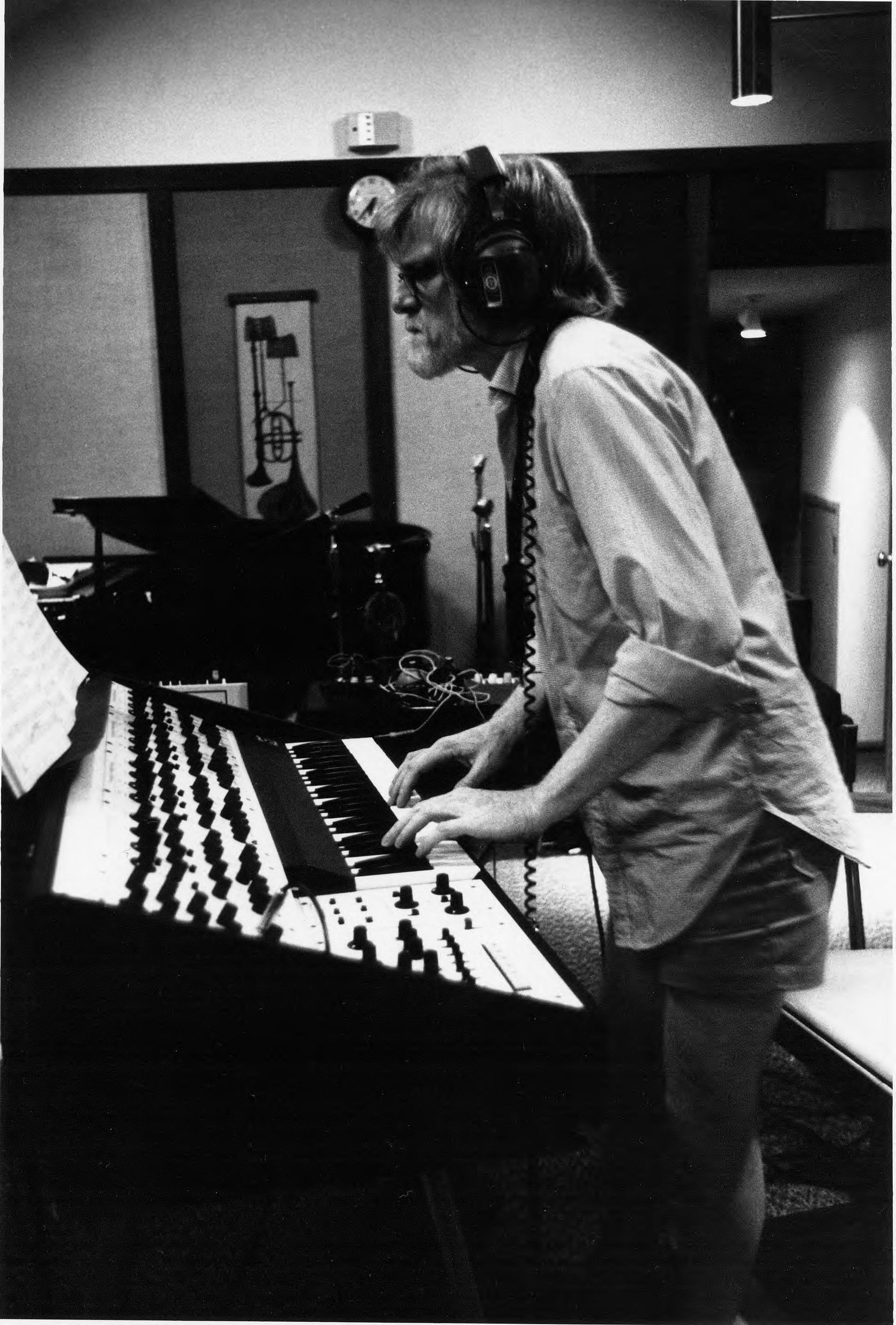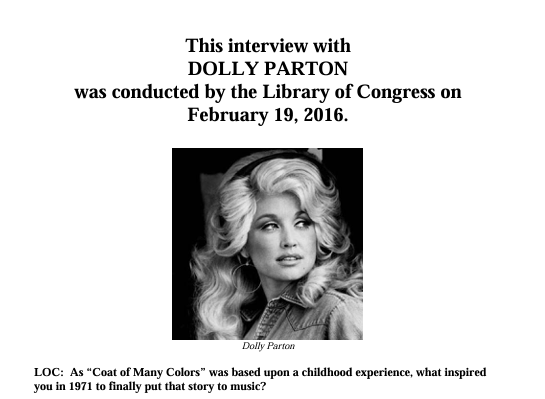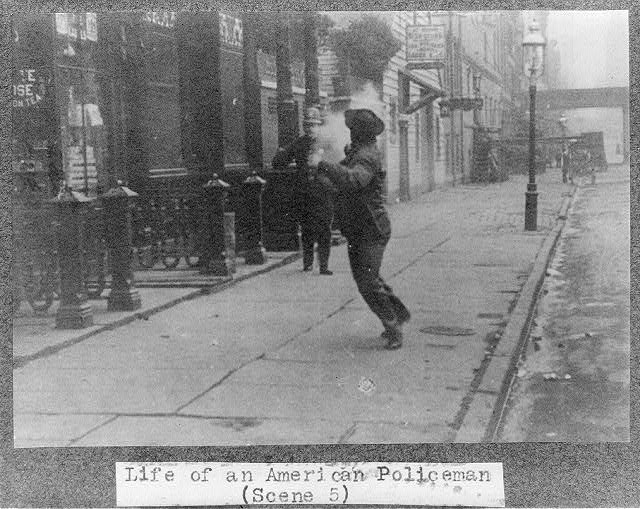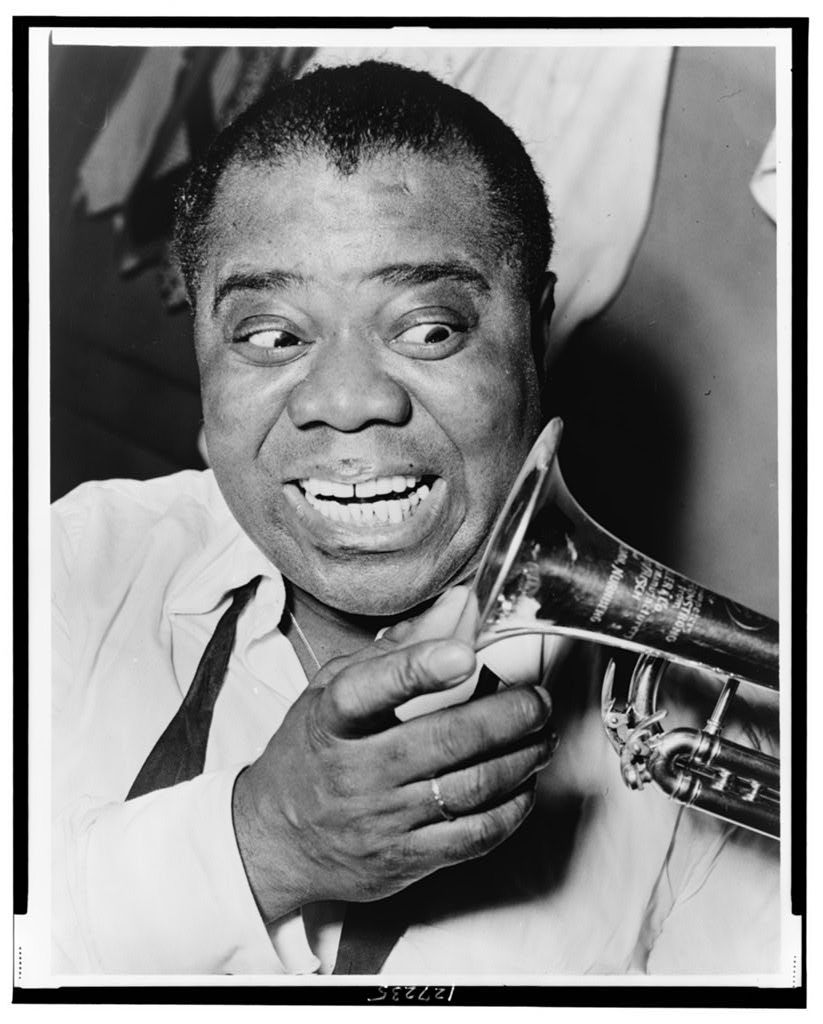Several weeks ago, the Library of Congress announced the new selections for the National Recording Registry, which included a host of items one would expect, and perhaps a few that it would have been difficult to anticipate. Selections like the Hamilton soundtrack, which dominated American media for years, coupled with “My Heart will go On,” a notable piece featured in one of most well known movies of all-time, should serve as a surprise to no one. But other works, like the “Microsoft Windows Reboot Chime” or the entire Minecraft: Volume Alpha album are perhaps a little more obscure. However, it’s undeniable that both works are recognizable by millions of Americans as influential pieces of media.

Mulligan, Franca R. Photographer. Gerry Mulligan recording - Don Elliot studio. Photograph. Retrieved from the Library of Congress, <www.loc.gov/item/2023865303/>.
However, the release of these new items in the recording registry brings up an interesting question: what kinds of things does our nation value? Each year, just 25 items are selected from the possible millions of pieces of media that might be selected, so these selections are not made lightly. It would be an interesting project to have learners pore through the National Recording Registry to try and answer this very question. Learners will enjoy seeing familiar pieces of media, and enjoy sharing their discoveries with their peers.
Most importantly, it is likely that learners will notice a lack of certain items in this registry- often their favorite pieces of music. Because the amount of selections that can be made are limited, and the pure glut of media is immense, many items will never appear in this registry, and to some, that might feel unfair. After all, if what a learner values is different from what their nation values, that is sure to cause some level of dissonance.
This is where an opportunity for engagement is created. Each year, the National Registry accepts public nominations for new items that might be included from members of the public. There are only two requirements: “a recording must be at least 10 years old and a copy of it must exist someplace i.e. a “lost” recording are not eligible.” This means that, if your students believe something that should be represented on this list is not, they have the power to do something about it.
Consider the application of expanding this to a larger project. Learners select a piece of media that they believe is a reflection of the nation and its values. They must argue how the work embodies an aspect of American culture or belief, drawing on what they know of both the item’s and the nation’s past. They might analyze any of the essays that have been submitted alongside these or interviews from the artists themselves about the selection of their piece to construct their argument.

An excerpt from a 2016 interview conducted with Dolly Parton by the Library of Congress, hosted on the National Recording Registry site.
Of course, this same analysis could be completed with similar registries, such as the National Film Registry or the National Registry for Historic Places. The former similarly only selects twenty-five pieces per year, making its selection equally prestigious.

"Life of an Am. Policeman, scene 5." Policeman being shot at by running man. Enlargement from actual motion picture film, The Life of an American Policeman, a "documentary" produced in New York. Photograph. Retrieved from the Library of Congress, <www.loc.gov/item/2018654009/>.
In essence, it’s a simple task - to have your learners argue why what they value matters. But the impact of it can be wide-reaching. The next year, those same learners might return to the recording registry to see if their selection(s) was picked. If it is, they will always feel like they had a hand in its selection. If it isn’t, they will likely be forced to consider: what is my nation valuing instead?
